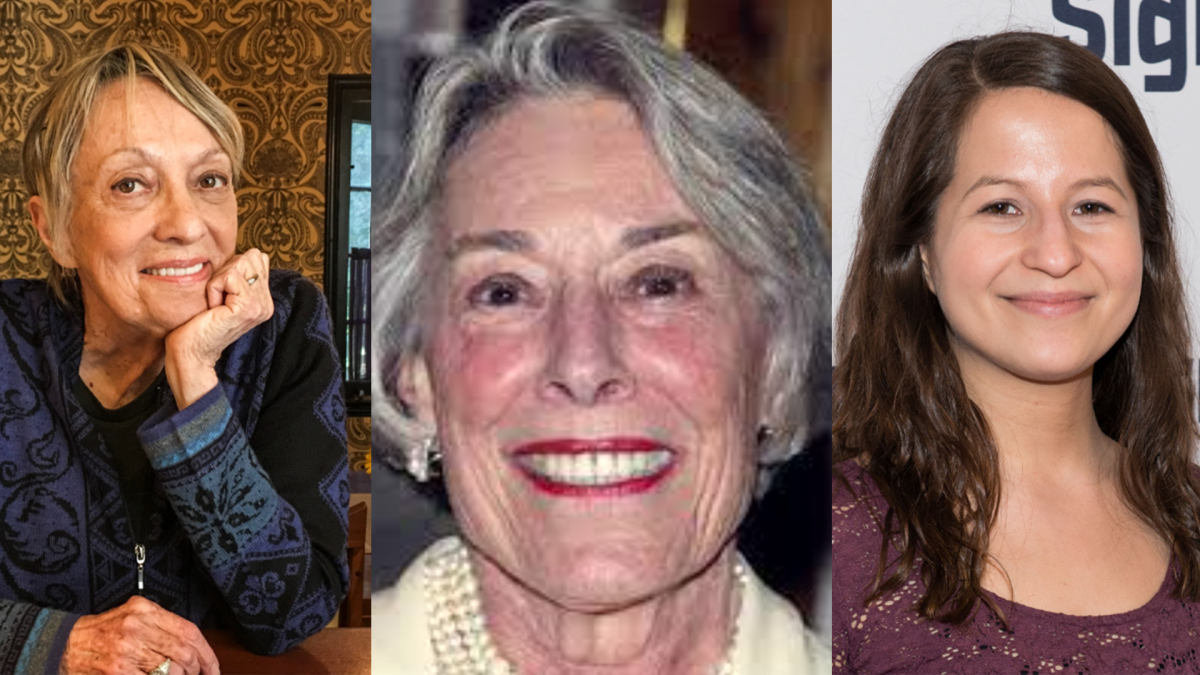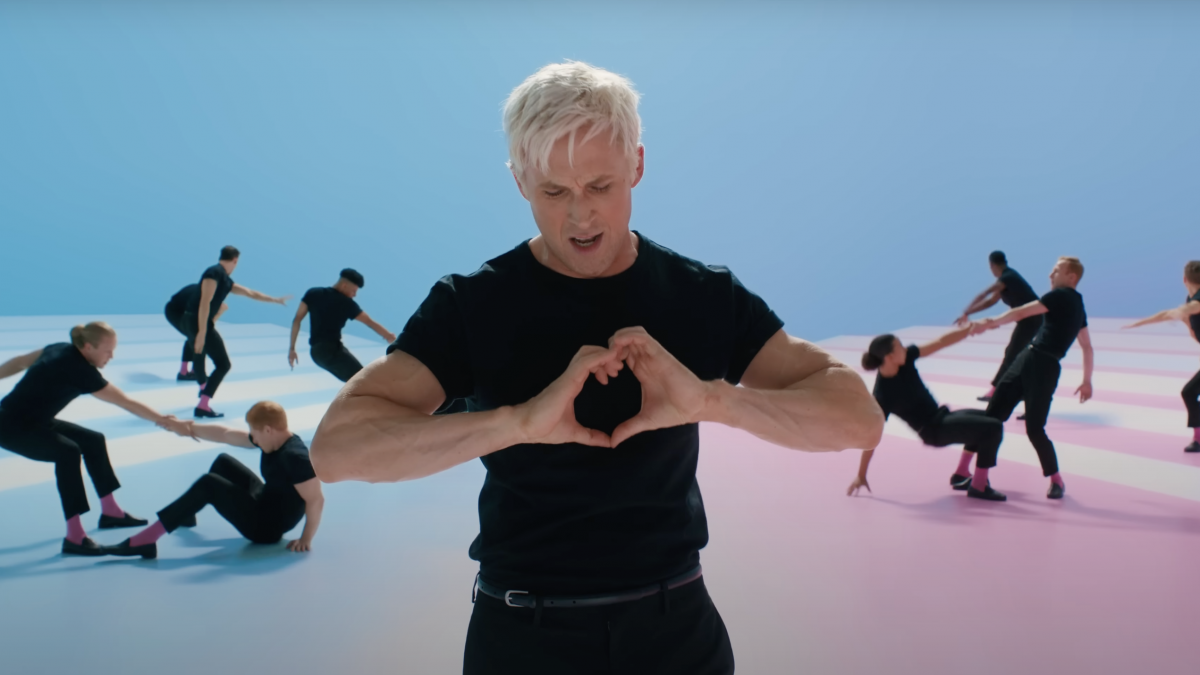In the world of Broadway, where melodies and lyrics transport audiences to new realms of emotion, the spotlight has long shone on remarkable talents responsible for crafting the songs that define our favorite musicals. While the overwhelming majority of composers and lyricists are men, a roster of brilliant women has long been making waves, breaking barriers, and leaving an indelible mark on the Main Stem. Here, we celebrate Broadway’s Best Women Composers & Lyricists, highlighting the small but mighty group of women who composed for the stage in the 20th century.
Mary Rodgers
Rodgers is perhaps best known for the 1959 musical Once Upon a Mattress. Later writing credits included 1978’s Working. Her sardonic memoirs were published posthumously in 2022 with the help of her friend, New York Times critic Jesse Green, and they detail, with her signature sense of humor, how she found it nearly impossible to be both a composer and a parent, eventually transitioning into writing children’s books, such as the original Freaky Friday. Mattress will receive a production in January 2023 at City Center Encores!, starring Sutton Foster and Michael Urie, and directed by Lear DeBesonnet (Into the Woods).
Sarah Jessica Parker performs “Shy” from Mattress
Carol Hall
Carol Hall was one of the first composers to introduce country western styles to Broadway audiences, with her score for 1978’s The Best Little Whorehouse in Texas. The musical was turned into a film starring Dolly Parton, and it turned Hall’s song “Hard Candy Christmas” into a holiday season standard. Her body of work is not entirely “adult” material – Hall contributed music to the landmark 1972 children’s album Free to Be You and Me, along with Mary Rodgers, and wrote songs for the early seasons of Sesame Street.
The original Broadway cast performs “Hard Candy Christmas”
Micki Grant
Micki Grant first rose to prominence as an actor, appearing in the Langston Hughes Broadway shows Tambourines to Glory and Jericho-Jim Crow in the 1960s. In 1972, she was the first woman, and the first African-American, to write both the music and lyrics for a musical, for Don’t Bother Me, I Can’t Cope. She became a 3-time Tony nominee that season, as well as receiving an OBIE award. Grant, like Rodgers, later contributed songs to 1978’s Working, and also contributed writing to Your Arms Too Short to Box With God and Eubie.
“If I Could’ve Been”, the act 1 finale of Working, contributed by Grant:
The entirety of the Don’t Bother Me, I Can’t Cope LP is on YouTube:
Lucy Simon
Lucy Simon began her songwriting career with her sister, Carly Simon. After contributing songs to the Off-Broadway revue A…My Name Is Alice, she composed the music for 1991’s The Secret Garden, for which she was nominated for a Tony. Garden was the first musical to have an all-female writing and directing team.
“Lily’s Eyes” from The Secret Garden
Elizabeth Swados
Elizabeth “Liz” Swados won an OBIE award and was nominated for 5 Tonys for her 1978 musical Runaways. Originating at the Public Theater, the unconventional revue told the stories of homeless youth in New York City who had run away from home. Swados also directed and choreographed the production. After the success of Runaways, Swados contributed the music to the Broadway musical Doonesbury, and later became an off-Broadway stalwart. She influenced generations of theater artists as a professor at NYU.
“I Can Have It All” from Doonesbury
The Encores! Off-Center revival of Runaways.
A soon-to-be member of this list is Shaina Taub, a celebrated composer-lyricist set to make her Broadway debut as both writer (and star?) of Suffs. The new musical is due to open at the Music Box Theatre in April 2024 after Purlie Victorious’s limited engagement ends in February.
The world premiere of Suffs at the Public Theater

